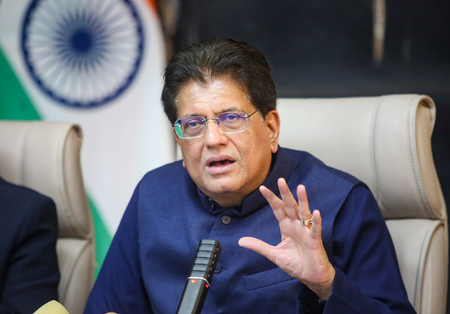
New Delhi, April 29 (IANS) In the wake of the mega unified payments interface (UPI) outage earlier this month, the National Payments Corporation of India (NPCI) has asked banks to ensure that all the API requests (traffic) sent to UPI is monitored and moderated in terms of appropriate usage.
The relentless transaction status checks by banks resulted in the massive UPI outage on April 12, leaving millions stranded.
In a notification, the NPCI has said that banks will initiate the first check transaction status API after 90 seconds from the initiation/authentication of the original transaction.
“After the timers are changed, members may initiate the same after 45 to 60 seconds of the initiation/authentication of original transaction, after NPCI revised communication,” said the agency.
Banks may initiate maximum of three check transaction status APls, preferably within two hours from the initiation/authentication of the original transaction, it added.
Payment service provider banks will ensure that all the API requests (traffic) sent to UPI is monitored and moderated in terms of appropriate usage — for restricting high number of repeat APIs for same transactions or older transactions, etc.
According to the notification, payment service provider banks will audit their systems by “Cert-in empanelled auditor on an immediate basis, to review the API usage and existing systems behaviour, and annually hereafter”.
“PSP banks/Acquiring Banks shall ensure that there is no batch processing (by processing file and converting to online request at high TPS) of any of the non-financial APIs sent to UPI Online systems,” read the notification.
Subsequently, in case of U48 error (Transaction ID not present or not found in UPI System) within first two 2 hours from initiation of the original transaction, then banks will refer the NPCI settlement files (available to Payee, Payer or PSP banks) after the settlement cycle is completed.
“Alternatively, members may initiate a maximum of one check transaction status API on UDIR (Unified Dispute and Issue Resolution) which, in turn, checks URCS (UPI Backoffice) to fetch the final settlement status of the transaction,” according to the NPCI.
On April 12, digital payments via UPI suffered a nationwide outage affecting millions of users, hindering local shopping, bill payments and business transactions. Major banking apps from SBI, ICICI, and HDFC were also affected, pointing to a broader issue within the UPI network infrastructure.
–IANS
na/




